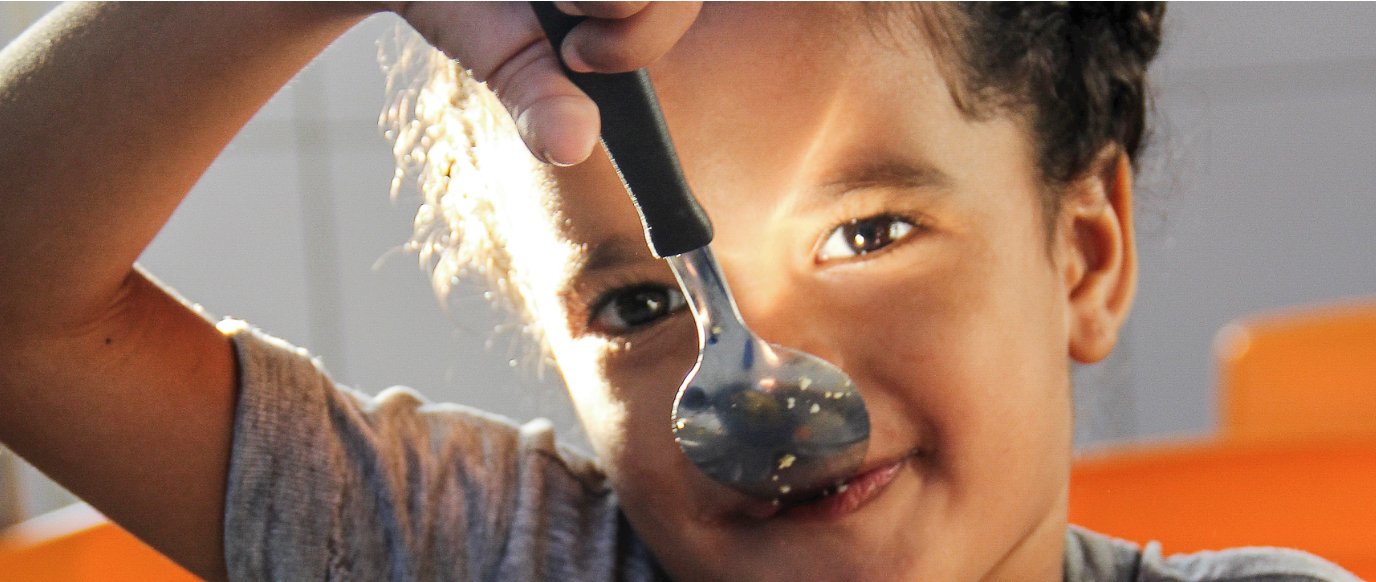The WFP Centre of Excellence against Hunger Brazil congratulates the government for the approval of the new legislation

The Brazilian Government passed a new law that allows the transfer of funds for the purchase of food through the Brazilian National School Feeding Programme (PNAE) so that states and municipalities continue to purchase food that would be distributed to students during the regular school term. The law allows the transfer of funds to continue in emergency situations, which is the case of the Covid-19 pandemic.
PNAE covers around 40 million primary education students across the country. The measure allows the immediate distribution of food already stored in states and municipalities and the purchase of additional items to be distributed to families. The new law will remain valid for as long as the class suspension lasts.
Daniel Balaban, Director of the WFP Centre of Excellence against Hunger, congratulated the Brazilian government. “The most important thing right now is to make the decision so that food reaches those who need it. Each state and municipality will detail the logistics for this to be done, but the main goal is to keep our children nourished”, he said.
The Brazilian National Education Development Fund (FNDE) has also shared some guidance on the acquisition and distribution of food during the pandemic. It will also distribute a guide aimed at local authorities.
School feeding around the world
Around 370 million children worldwide are without access to school meals due to the cancellation of classes. Many of these children are from poor families and depend on these daily meals to survive. So far, around 50 countries where the World Food Program (WFP) implements school feeding programmes have reported partial or total closure of schools. This means that 12 million children are no longer receiving school meals provided by the WFP.
For many children in a situation of food insecurity, the school meal may be the only nutritious meal of the day – without it, children lose protection from vitamins and micronutrients. For poor families, the price of a meal at school is equivalent to about 10% of the monthly household income.
The work of the WFP Centre of Excellence
Despite the restrictions imposed by measures to fight Covid-19, the Centre carries on with its work and continues to support countries in Africa, Asia and Latin America in this time of crisis. We continue to support countries remotely in the elaboration of public policies in the fields of school meals, family farming and nutrition





